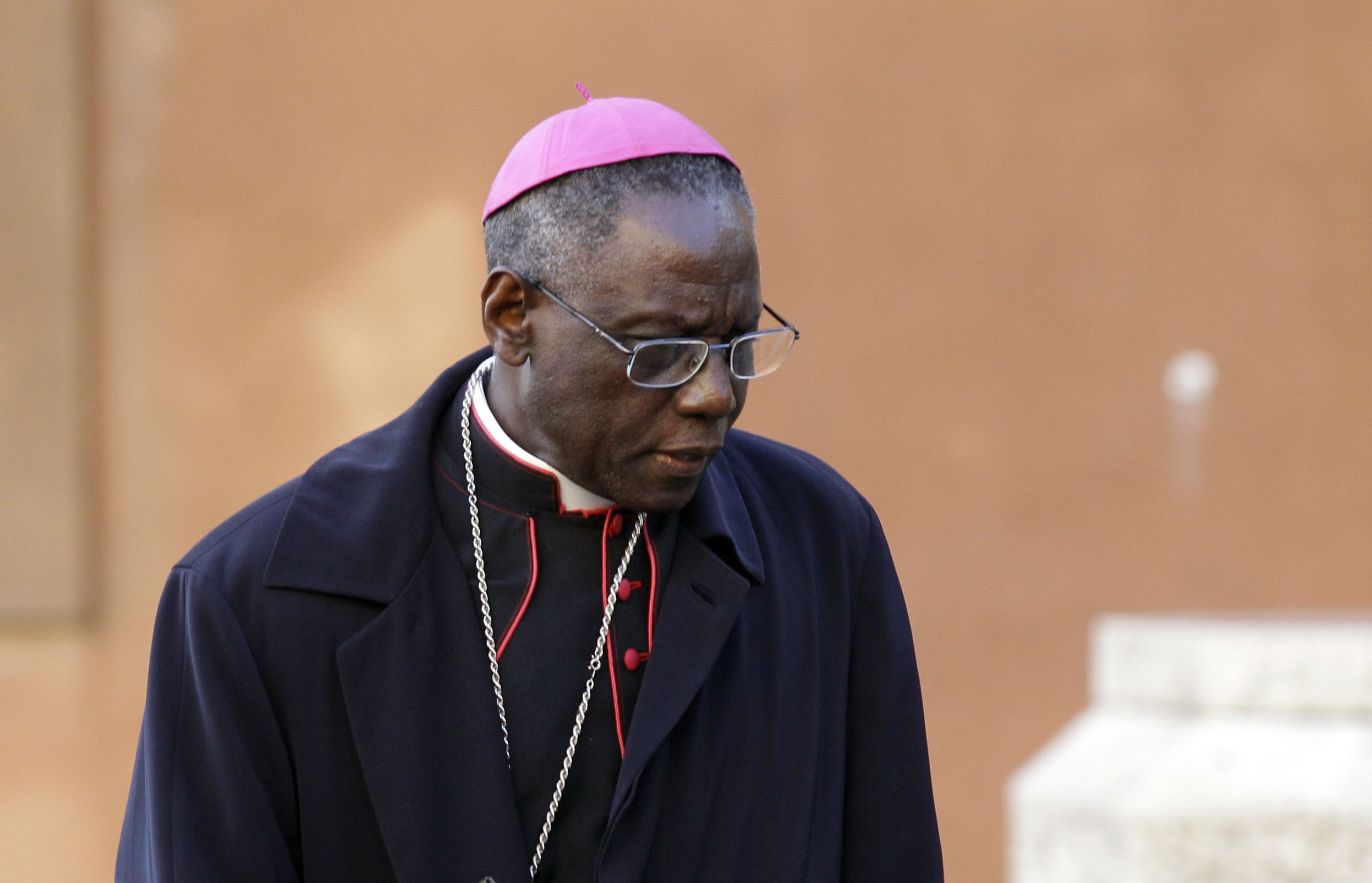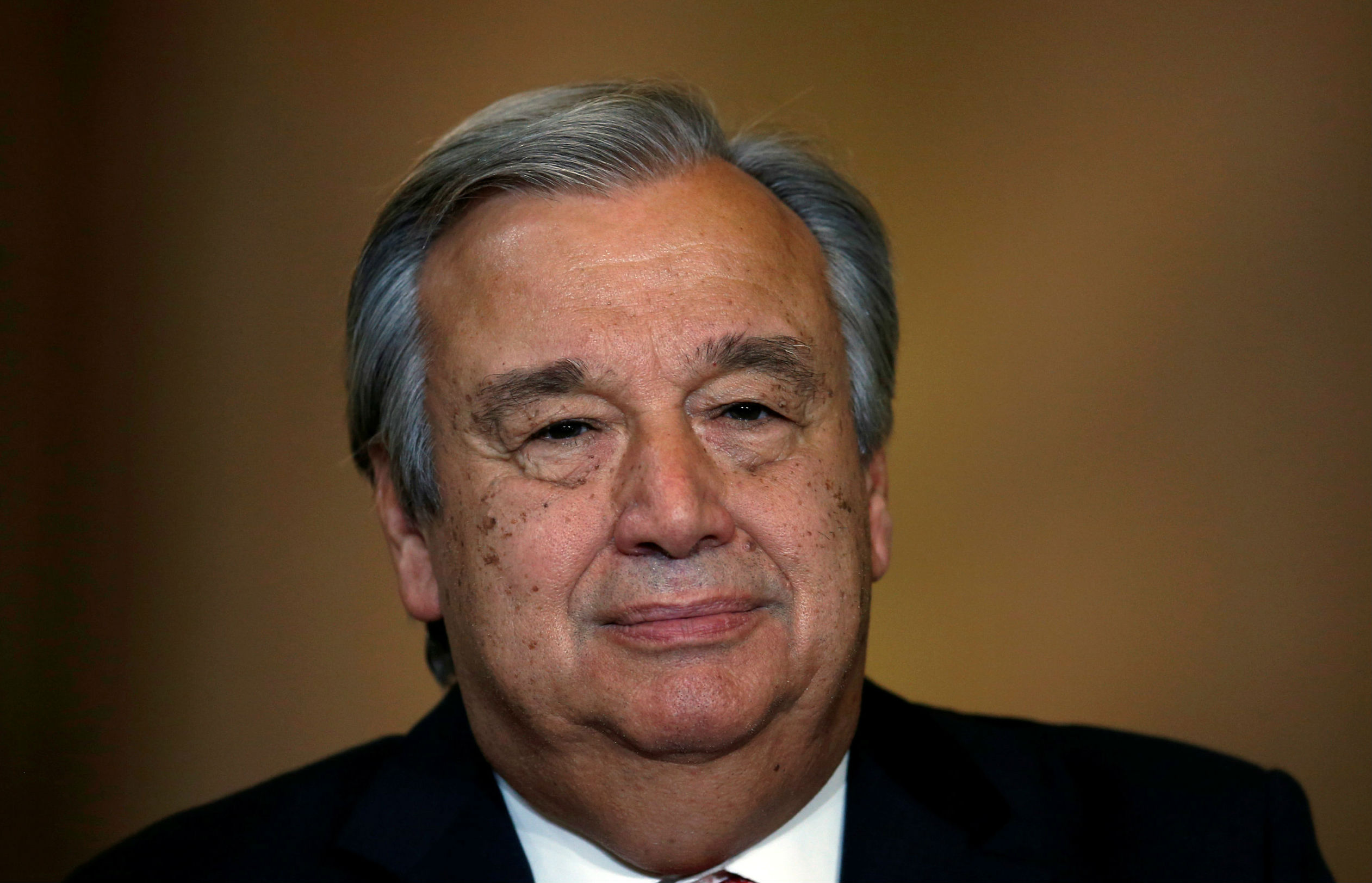The newly nominated secretary general of the United Nations, António Guterres, is a committed Catholic who, while prime minister of Portugal, opposed the legalisation of abortion. The Portuguese bishops’ conference reacted quickly to his nomination, commending him for his “deep sense of humanity and faith”.
The Security Council nominated Mr Guterres once he emerged as the clear favourite after a series of straw polls. He was the UN High Commissioner for Refugees for a decade and will take over from Ban Ki-moon early next year. Mr Guterres said that he plans to “serve the most vulnerable.”
C-Fam, an independent NGO that lobbies the UN on marriage and the family, reacted warmly to the nomination, saying: “We look forward to Guterres’ tenure as Secretary-General. By all accounts he is a measured public servant and has a pro-life record as a politician. We hope this reflects how he would exercise the important office he is being entrusted.”
C-Fam also expressed hope for a change in the UN stance on family issues: “A judicious exercise of the office of Secretary-General is essential to help keep peace in the world and preserve the good will attached to the UN,” the NGO said in a statement. “Sadly, the UN system’s promotion of abortion and LGBT rights under [current Secretary General] Ban Ki-moon's tenure has eroded much good will. We hope Guterres is able to restore that which was lost and defend the inherent dignity of worth of every human life from conception as well as the place of the family as natural and fundamental group unit of society.”
Mr Guterres joined Portugal’s Socialist Party when it was formed in 1973 and became part of its influential Catholic wing. After leading the opposition for some years he became prime minister in 1995. In 1996, when the youth wing of his own party presented a law to legalise abortion by demand at up to 12 weeks of pregnancy, Guterres made his opposition known. This encouraged other Catholic socialists to oppose the bill in Parliament, where it was defeated by one vote.
In 1998 a new law was proposed and passed, but on the condition that it be subject to referendum. When abortion was eventually legalised in Portugal, in 2007 following a second referendum, Mr Guterres was no longer involved in Portuguese politics, having taken up his role as UN High Commissioner for Refugees in 2005. He remained in that post until the end of 2015.
“Humility [is what I feel] about the huge challenges ahead of us, the terrible complexity of the modern world,” Guterres said in a short statement last week in Lisbon. “But it is also humility that is required to serve the most vulnerable, victims of conflicts, of terrorism, rights violations, poverty and injustices of this world,” he said. Mr Ban, speaking during a visit to Rome, described Mr Guterres as a “super choice” as his successor.




 Loading ...
Loading ...